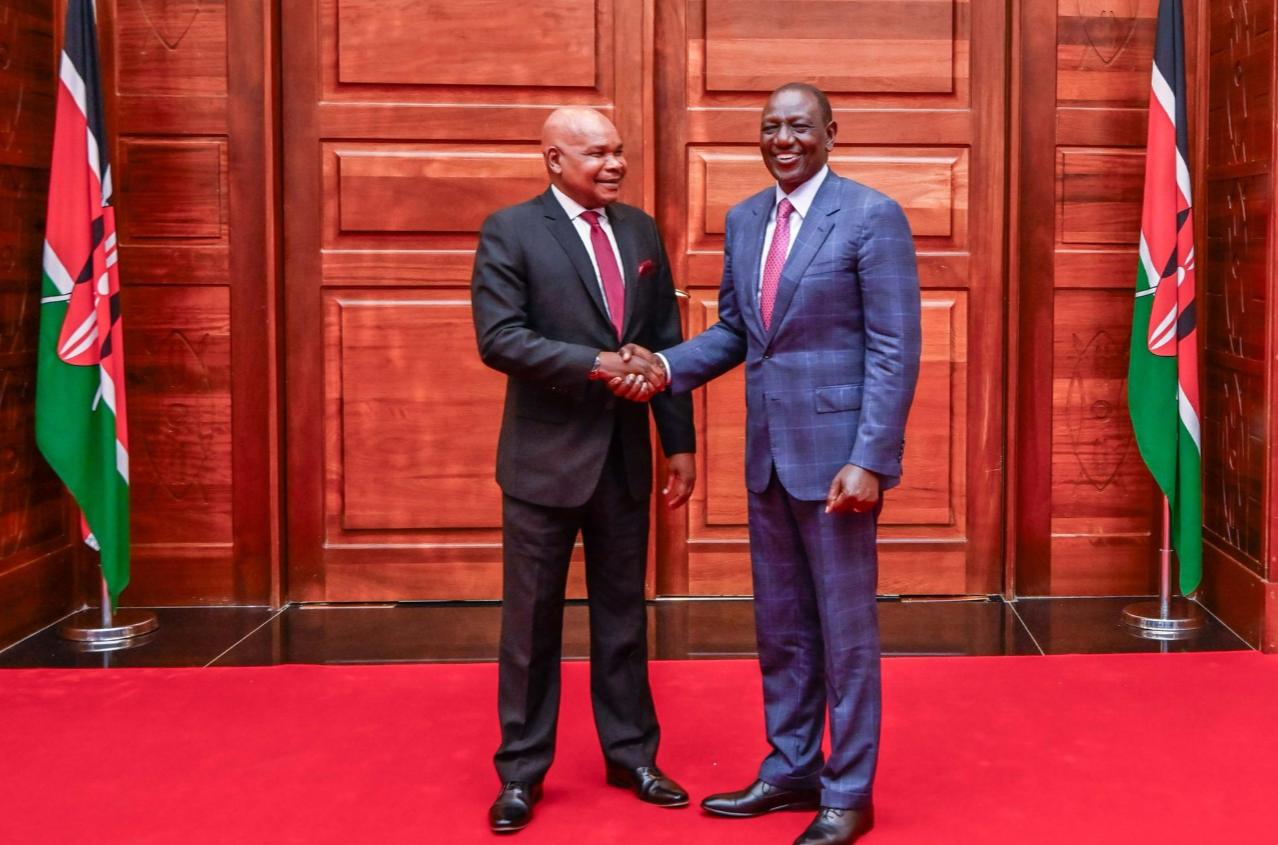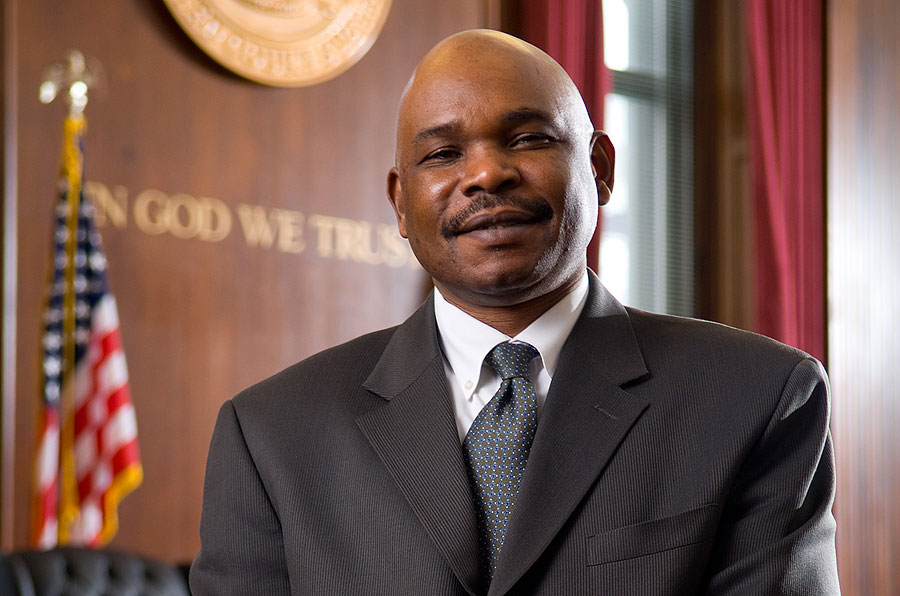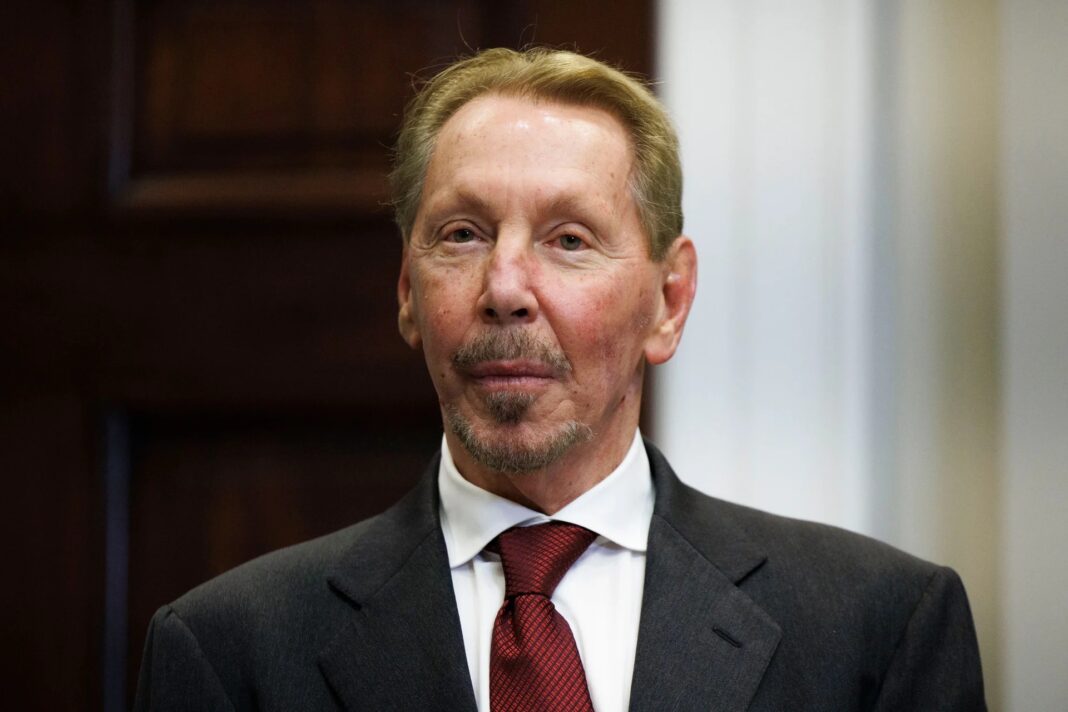President William Ruto’s Senior Advisor on Constitutional and Human Rights, Professor Makau Mutua, has admitted that his paycheck places him among the highest earners in government.
Speaking during a television interview, he revealed that his salary is equivalent to that of a Cabinet Secretary. Although he refused to disclose the exact figure, he confirmed it ranges between Ksh700,000 and Ksh800,000.
His admission has reignited debate on the ballooning cost of advisors in government and whether Kenyans are getting value for their taxes.

Professor Makau Mutua Salary Compared to Top Government Officials
Mutua made the disclosure during an interview on Citizen TV. He first tried to avoid the question, calling it irrelevant, but later admitted that he earns the same as a Cabinet Secretary.
Currently, a Cabinet Secretary takes home about Ksh990,000 per month. This amount includes basic pay, a house allowance, and market adjustment benefits. That means Mutua’s perks place him at the very top of Kenya’s public payroll.
For comparison, the CEOs of major parastatals such as the Kenya Pipeline Company earn about Ksh903,300 per month. These are executives running corporations that bring in billions to the Treasury. Mutua, on the other hand, serves purely in an advisory role.
The revelation drew public attention to the number of advisors President Ruto has. Estimates put them at about 20, almost the same number as Cabinet Secretaries. This has fueled public concern over whether the country can afford such high salaries for advisory roles while ordinary Kenyans continue to grapple with a rising cost of living.
Mutua Role in Ruto’s Government
Makau Mutua’s appointment shocked many Kenyans given his past criticism of Ruto’s leadership. Before joining government, he served as Raila Odinga’s campaign spokesperson during the 2022 elections.
His appointment came after Ruto and Odinga signed a 10-point Memorandum of Understanding that paved the way for several opposition figures to join the administration. Among them was Odinga’s nephew, Jaoko Oburu Odinga, who became a special advisor on Economic Empowerment and Sustainable Livelihoods.
Mutua has defended his decision, saying he will only resign if he finds himself unable to align with the President’s vision. He has dismissed claims that he is whitewashing government excesses, stating that his conscience remains his guiding principle.
Until recently, Moses Kuria also held the position of Senior Economic Advisor to the President. He resigned after the Saba Saba protests, saying he wanted time to reflect and remain neutral.
Growing Debate on Presidential Advisors
The salary revelations have fueled debate about the government’s spending priorities. Many Kenyans question why advisors, whose roles are not always clear, earn as much as Cabinet Secretaries responsible for entire ministries.
Critics argue that such appointments amount to political rewards rather than genuine need. Others see it as part of the political deal-making that has defined Ruto’s administration since his agreement with Raila Odinga.
Mutua, however, insists that his role is to give honest advice and ensure that human rights and constitutional issues are not ignored in government decisions. He has also recently been appointed to chair the committee on compensation for protest victims, another move that has drawn both praise and skepticism.
For now, he remains firm in his position. But his admission about his salary has opened a fresh chapter in Kenya’s conversation on the cost of governance and the value citizens receive in return.


